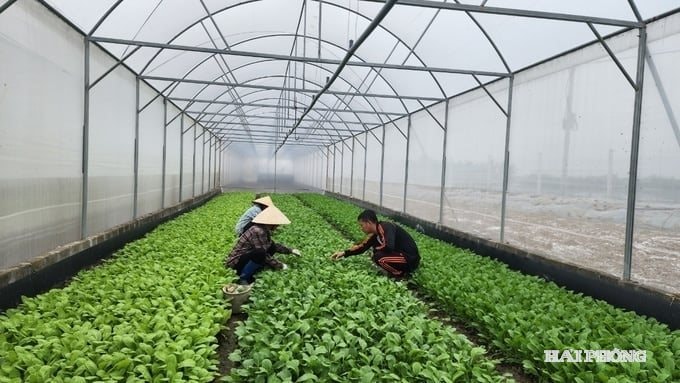
Strategic significance
At the Forum "Gene editing in agriculture - Strategic technology associated with legal framework" organized by the Ministry of Agriculture and Environment on October 18, in Hanoi, Deputy Minister of Agriculture and Environment Phung Duc Tien said that gene editing is a topical and strategic topic in the context of our country promoting innovation in growth model, digital transformation, development of agricultural biotechnology and green economy as well as implementing Resolution No. 57-NQ/TW dated July 10, 2024 of the Politburo on development of science, technology, innovation and national digital transformation.
In particular, Decision No. 1131/QD-TTg of the Prime Minister promulgating the List of strategic technologies and strategic technology products has identified gene editing technology as one of the strategic technologies prioritized for development in the coming period, demonstrating the Government's long-term vision in bringing Vietnam up to speed with global science and technology trends. At the same time, connecting biodiversity conservation with innovation and high-tech application, improving productivity, quality and value of agricultural products.
Deputy Minister Phung Duc Tien said that although resources and policies are available, the completion of the legal framework is still a prerequisite for science and technology to be effective. At the same time, it is necessary to create an environment and motivation for scientists to feel secure in their dedication, avoiding the situation where they are worried about their research.
According to the Agricultural Genetics Institute, gene editing technology allows precise impact on each position in the plant genome, helping to create varieties with the ability to withstand salt, resist disease, increase nutritional value or prolong storage time, without having to introduce foreign genes like genetically modified organisms (GMO). Thanks to that, gene editing products are almost similar to natural hybrids, while shortening the selection time to only 2-5 years, instead of 10-15 years as before.
Many domestic institutes and schools such as the Institute of Agricultural Genetics, Vietnam Academy of Agriculture, Hanoi National University, Ho Chi Minh City Biotechnology Center... have mastered this technology. Notable results include salt-tolerant and disease-resistant rice, soybeans with reduced indigestible sugar, tomatoes rich in carotenoids, or corn and papaya with increased productivity and quality.
.jpg)
Need to improve the legal system
However, the 2008 Law on Biodiversity introduced the concept of genetically modified organisms and provided a basic legal framework for their management. However, for gene editing technology, the legal system is still incomplete, causing difficulties for commercialization and international integration.
Experts and scientists believe that Vietnam needs to separate the concepts of “gene editing” and “genetic modification”, and apply a management mechanism based on the nature of the product, instead of the technology used.
Dr. Nguyen Van Long, Director of the Department of Science and Technology, Ministry of Agriculture and Environment, also said that many countries are conducting assessments based on the final crop product (product-based approach) instead of the technological process used to create it. If a gene-edited crop does not contain foreign DNA, it will be regulated similarly to a conventionally bred crop.
Some countries do not consider a gene-edited organism to be a GMO if the modification does not add genes from another species or does not create a new gene combination in the final product. The global trend in regulating gene-edited crops is shifting towards encouraging innovation, ensuring safety and transparency in agricultural trade. Many countries, especially in Asia, are perfecting their legal frameworks to take advantage of new technologies, improve competitiveness and effectively respond to climate change. At the same time, many countries are adopting an open-minded approach, considering gene-editing technology as an important tool for sustainable agriculture.
Mr. Nguyen Van Long emphasized: Traditional breeding, gene editing and genetic modification need to have clear definitions. From the concept, we will propose corresponding management, inspection and supervision methods; from there, we will have ways to manage products if they are used for human consumption or as animal feed.
To address this, Vietnam is considering amending and supplementing the 2008 Law on Biodiversity to update the concept and regulations on gene editing, and to develop a management and trade mechanism in line with global trends. Completing this legal framework requires time, coordination between ministries, sectors, scientists and businesses, and strong commitment from policymakers.
Prof. Dr. Le Huy Ham, Head of the National Science and Technology Program on Applied Research and Development of Biotechnology, assessed that gene editing technology is considered one of the most important breakthroughs of the 21st century, opening up effective solutions to many global problems in health, environment and food security.
The process of developing regulations for the management of genetically modified organisms, which lasted nearly a decade, is a valuable lesson in issuing policies based on science and risk assessment. It is this foundation that has helped Vietnam successfully apply genetically modified corn varieties, bringing economic benefits to farmers.
Prof. Dr. Le Huy Ham said that when drafting the law, it is necessary to clarify the concept and clearly distinguish the legal boundaries between genetically modified organisms (GMOs) and gene-edited organisms (GEs) based on the nature of the final product DNA. The early promulgation of a specific legal framework will help scientists have a basis for researching, evaluating and applying gene editing technology more effectively and accurately. Along with that, it is necessary to select and focus on researching traits with high economic value, while paying attention to copyright issues, in order to protect interests when commercializing gene-edited products in the international market.
Source: https://baohaiphong.vn/nong-nghiep-viet-nam-huong-toi-cong-nghe-chinh-sua-gen-523943.html


![[Photo] Collecting waste, sowing green seeds](https://vphoto.vietnam.vn/thumb/1200x675/vietnam/resource/IMAGE/2025/10/18/1760786475497_ndo_br_1-jpg.webp)
![[Photo] Closing ceremony of the 18th Congress of Hanoi Party Committee](https://vphoto.vietnam.vn/thumb/1200x675/vietnam/resource/IMAGE/2025/10/17/1760704850107_ndo_br_1-jpg.webp)


![[Photo] General Secretary To Lam attends the 95th Anniversary of the Party Central Office's Traditional Day](https://vphoto.vietnam.vn/thumb/1200x675/vietnam/resource/IMAGE/2025/10/18/1760784671836_a1-bnd-4476-1940-jpg.webp)

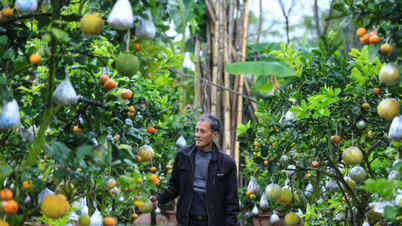

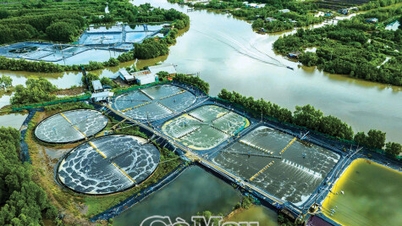

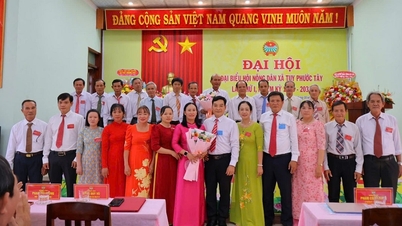

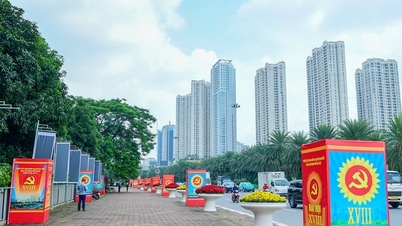

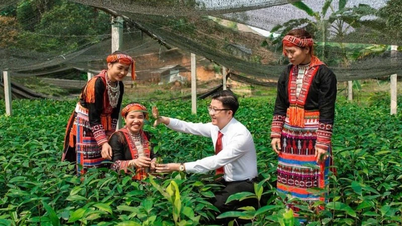



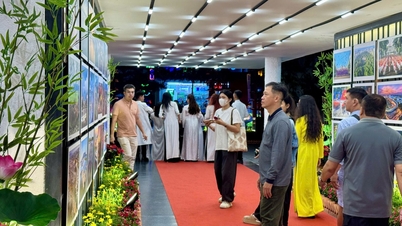
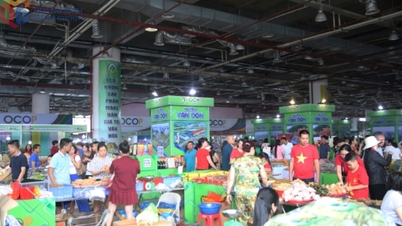



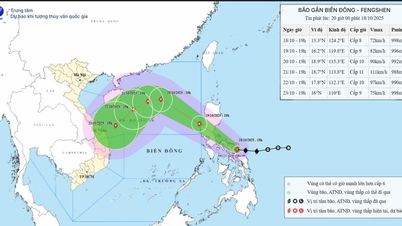

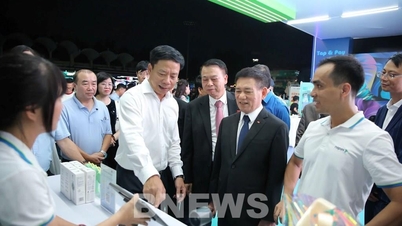





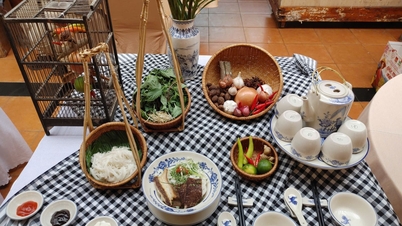


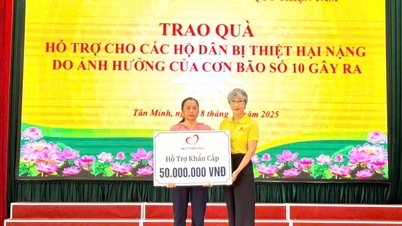
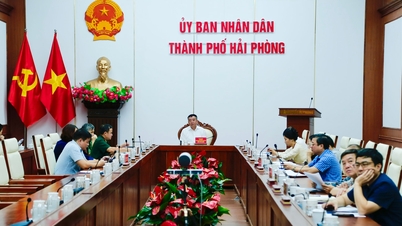
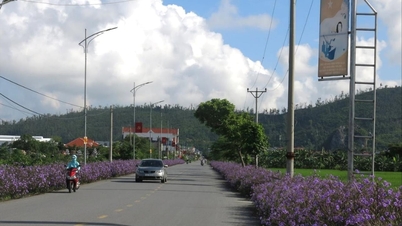




















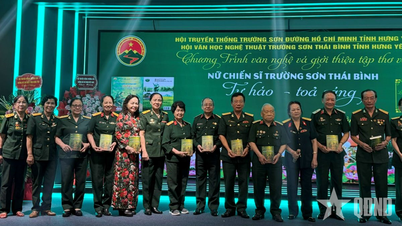















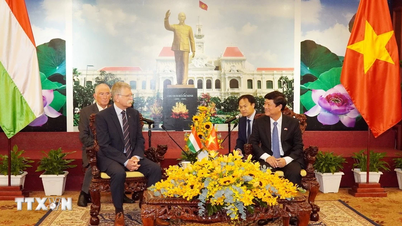



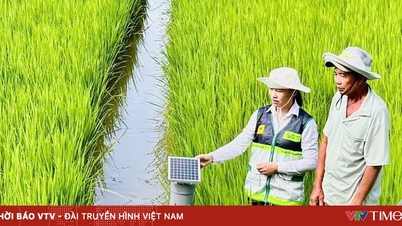
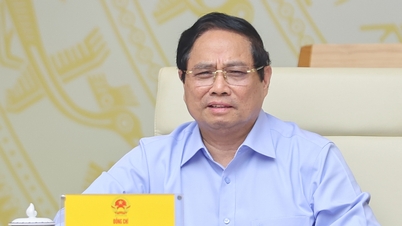
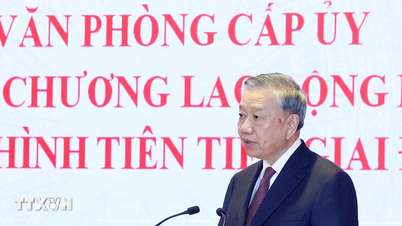







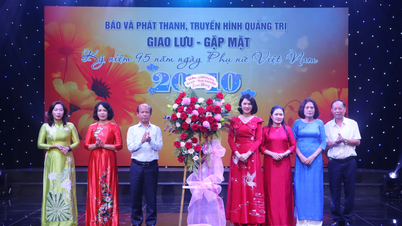

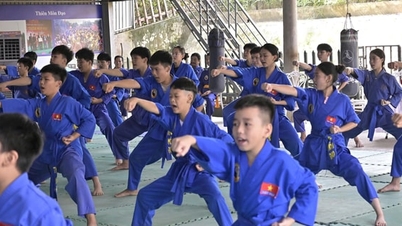

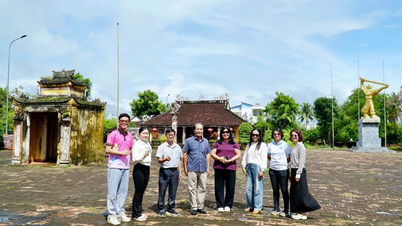














Comment (0)